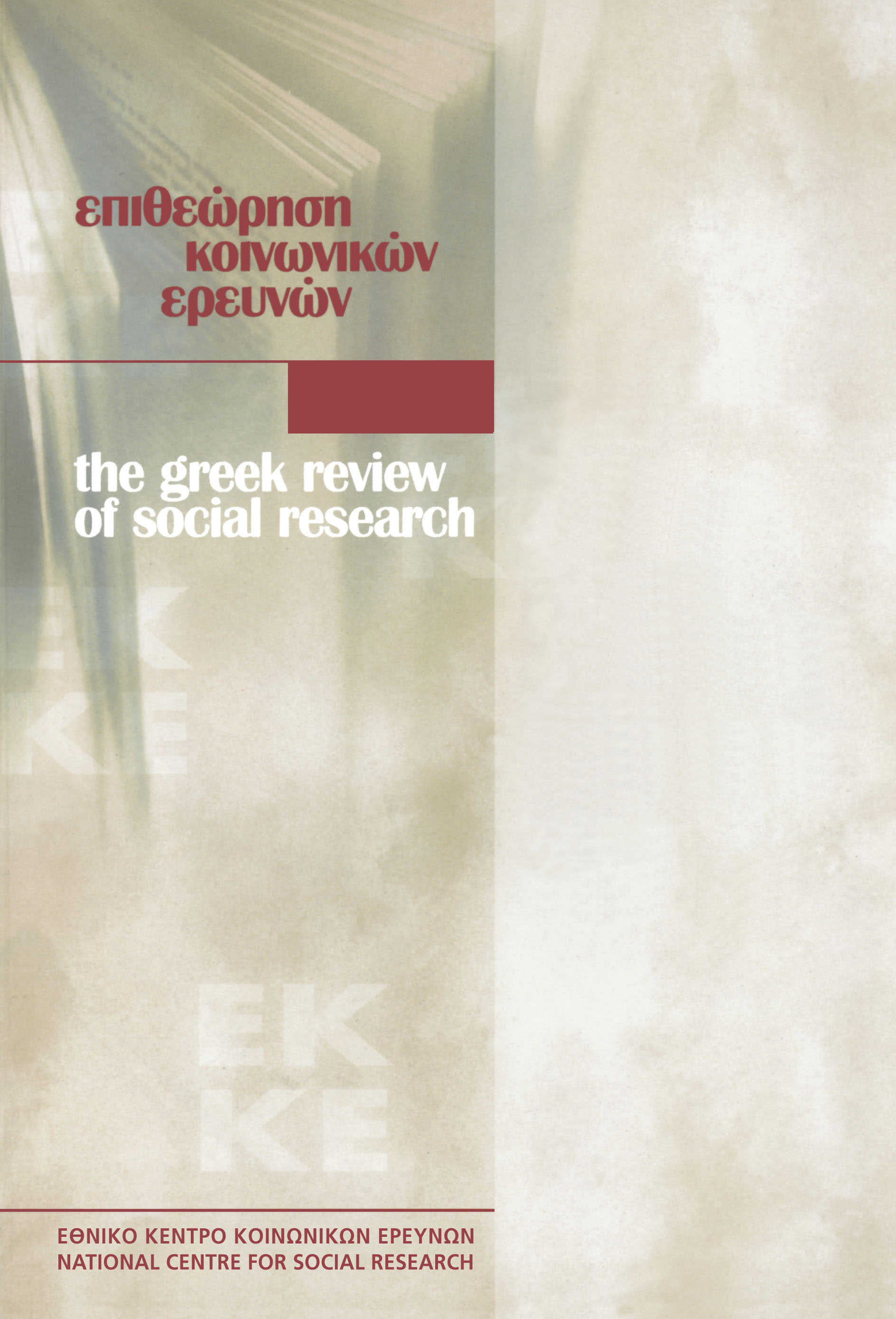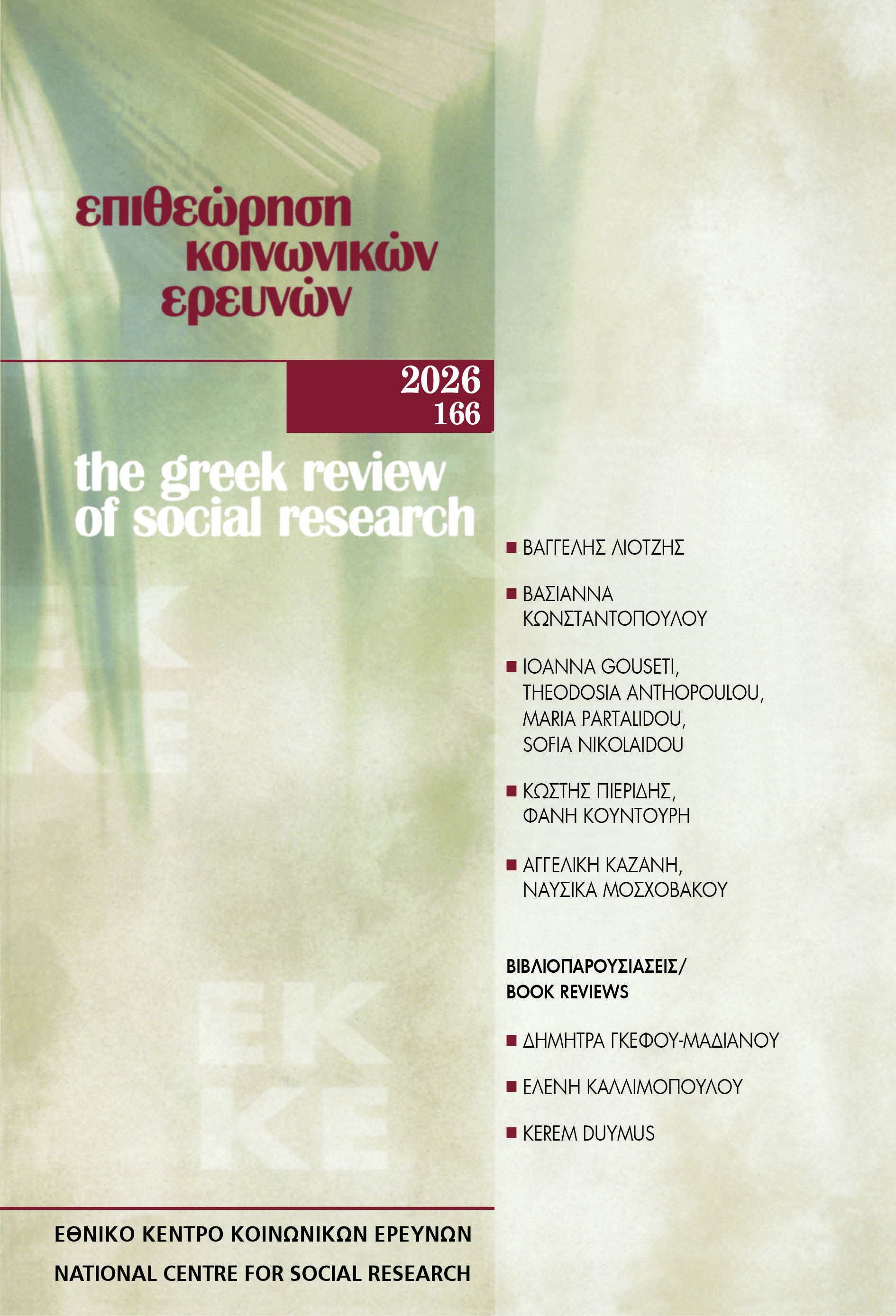Ηidden homelessness and poverty trajectories in rural areas: stories of crisis counterurbanization in Greece

Abstract
The article examines invisible deprivation and housing precariousness in the countryside through the phenomenon of counterurbanization as a vehicle for overcoming poverty phenomena of urban households in Greece during the economic crisis. We argue that, despite the idealized picture for living in a village, as shown in the predominantly public discourse; rural life is governed by equally unfavorable living conditions for households at the risk of poverty. Through the theoretical framework of hidden homelessness in the rural, fundamental dimensions of housing problems and inadequate living conditions in the countryside are presented. Through the analysis of the different life pathways of people returning from the city to the village, the housing and social living conditions, during the crisis, in the Greek countryside are empirically examined. In the conclusions we find that returning back to rural areas, without accompanying established social support policies, only leads to the reproduction of a situation of proletarianization of households and to the transformation of urban poverty to rural poverty.
Article Details
- How to Cite
-
Anthopoulou, T., Partalidou, M., & Kourachanis, N. (2019). Ηidden homelessness and poverty trajectories in rural areas: stories of crisis counterurbanization in Greece. The Greek Review of Social Research, 152, 229–256. https://doi.org/10.12681/grsr.21723
- Issue
- 2019: 152
- Section
- Articles

This work is licensed under a Creative Commons Attribution-NonCommercial 4.0 International License.
Authors who publish with this journal agree to the following terms:
- Authors retain copyright and grant the journal right of first publication with the work simultaneously licensed under a Creative Commons Attribution Non-Commercial License that allows others to share the work with an acknowledgement of the work's authorship and initial publication in this journal.
- Authors are able to enter into separate, additional contractual arrangements for the non-exclusive distribution of the journal's published version of the work (e.g. post it to an institutional repository or publish it in a book), with an acknowledgement of its initial publication in this journal.
- Authors are permitted and encouraged to post their work online (preferably in institutional repositories or on their website) prior to and during the submission process, as it can lead to productive exchanges, as well as earlier and greater citation of published work (See The Effect of Open Access).



